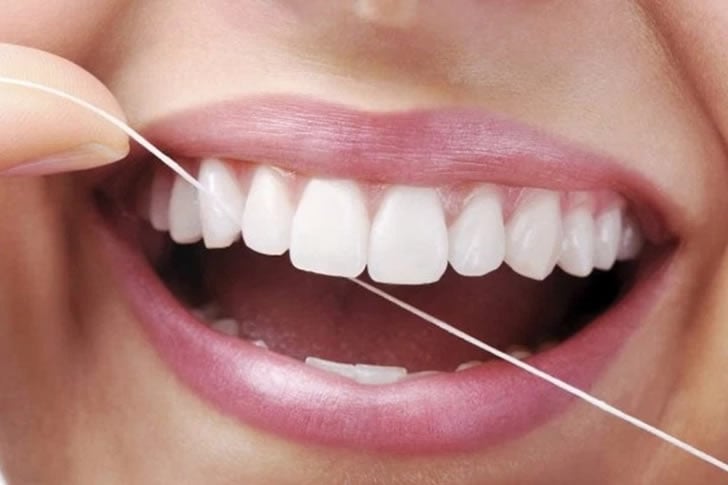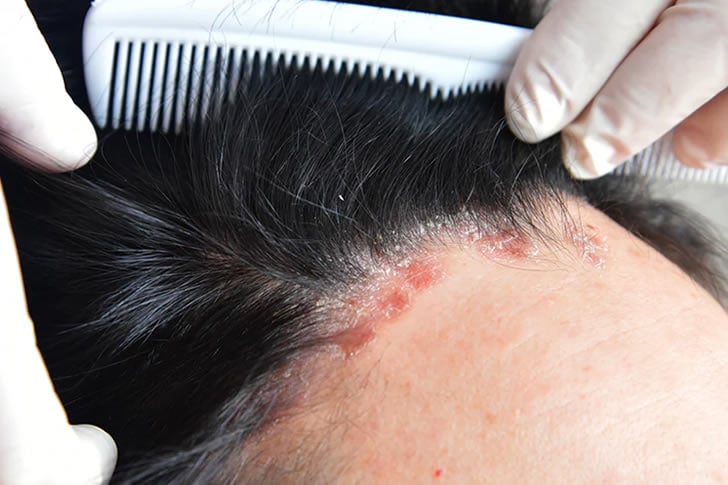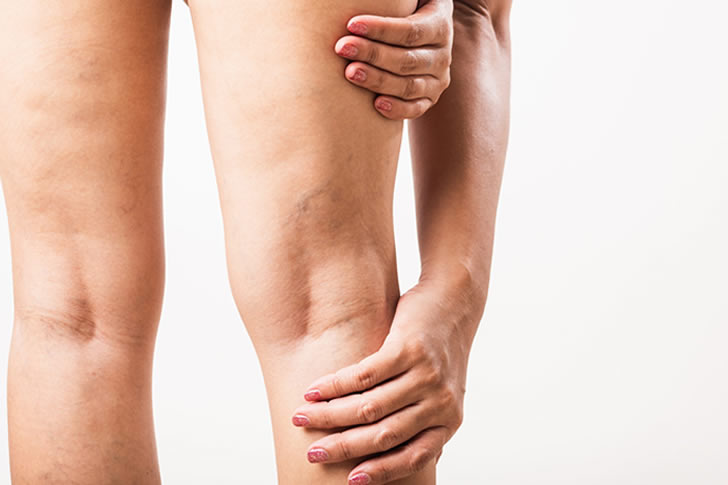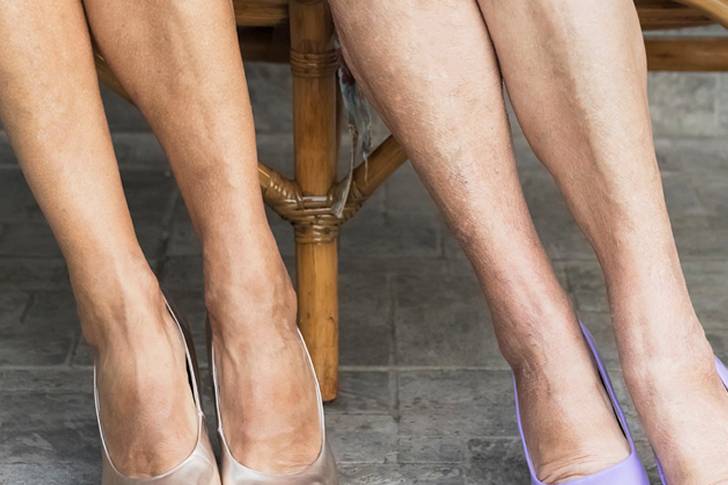As we age, dental health becomes increasingly important, yet it often becomes more challenging to maintain. This guide aims to help seniors find affordable dental treatments.
ADVERTISEMENT

As people age, they are more likely to experience dental issues such as gum disease, tooth decay, and tooth loss. These issues can contribute to broader health problems, including heart disease and diabetes. Hence, ensuring good oral health is crucial for seniors.
Medicare does not typically cover routine dental care, such as cleanings, fillings, and dentures. However, it may cover certain dental procedures if they are medically necessary for another covered health procedure. Medicaid coverage varies by state but often includes dental benefits for low-income seniors. Checking your eligibility and understanding what is covered can help save costs.
Many private dental insurance plans cater specifically to seniors. These plans often cover preventive services, such as cleanings and exams, and offer substantial discounts on other treatments. Researching and comparing plans can help find one that suits your needs and budget.
Unlike insurance, discount dental plans charge an annual fee in exchange for reduced rates on dental services. These plans offer a network of dentists who agree to charge less for members. This can be a more affordable alternative for those who don’t need extensive dental work.
Community health centers often provide dental services on a sliding scale based on income. These federally funded centers offer affordable care and can be a great resource for seniors on a tight budget.
Dental schools often offer reduced-cost treatments performed by supervised students. This allows seniors to receive quality care at a fraction of the usual cost. It’s a practical option for regular cleanings and simple procedures, though availability may be limited for urgent needs.
Organizations like Dental Lifeline Network provide affordable dental services to seniors, especially those with disabilities or in financial hardship. Checking local non-profits may reveal additional resources available in your area.
Preventative care is crucial. Brushing twice a day with fluoride toothpaste, flossing daily, and using an antiseptic mouthwash can help prevent issues that require costly treatments. Good oral hygiene is one of the very cost-effective ways to maintain dental health.
Routine dental check-ups can catch problems early before they become more serious and costly. Many dental clinics offer senior discounts for regular check-ups and cleanings. Don’t skip your biannual visits, even if you’re feeling well.
Many dental offices provide payment plans, allowing seniors to spread the cost over several months. It’s worth discussing this option with your dentist. Additionally, don’t hesitate to negotiate costs or ask if there are any discounts available for seniors.
Maintaining dental health is essential for seniors, but it doesn't have to be a financial burden. By exploring all available resources—from insurance plans to community health centers—seniors can find affordable dental treatments that meet their needs. Remember, investing in preventative care and seeking help from various organizations can go a long way in ensuring good oral health.

Discover how to get affordable full dental implants in one day, including grants and tips for seniors.

Plaque psoriasis is a chronic skin condition. Understanding its symptoms and exploring available treatment options can help manage the condition more effectively.

Explore financing solutions for dental implants and clinical trial opportunities when facing dental health issues.

Renal impairment and kidney disease require careful management and effective treatment to maintain health and quality of life.

Varicose veins can be unsightly and uncomfortable. This guide provides advice on treatment options and self-care strategies to help manage their symptoms effectively.

Explore affordable dental implants for seniors, funding options, and Medicare dental plans for long-lasting smiles.

Varicose vein treatment can enhance appearance and relieve discomfort. Here, we explore various treatments, their associated costs, and potential risks.

Tardive Dyskinesia, often abbreviated as TD, is a movement disorder characterized by involuntary, repetitive body movements. This guide will help you understand its symptoms and explore available treatment options.